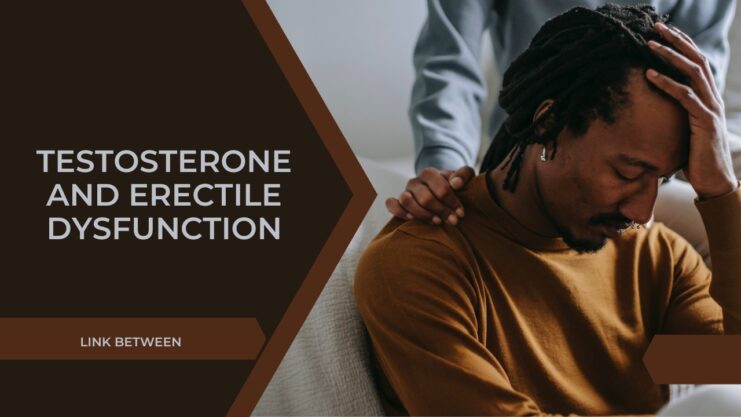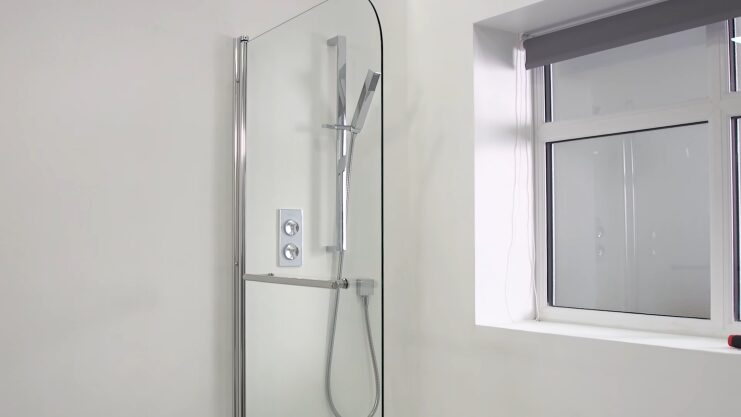Testosterone, the leading man in the body’s hormonal cast, plays the starring role in the male system. Sometimes, though, our star actor might hit a low point, a phenomenon known as Low Testosterone.
This can be due to a myriad of reasons, just like plot twists in a movie. And when this happens, it can throw a wrench in the works, making it challenging for a person to achieve an erection. It’s like trying to start a car with a low battery – it just doesn’t work as well as it should.
What is Testosterone Treatment?
Testosterone Treatment is the replacement of Testosterone into the body.
Who needs It?
The majority of people who require Testosterone Treatment are those who suffer from Andropause.
There are also rare diseases that children do not produce Testosterone and require Testosterone Treatment for normal development.
What are the different types of Testosterone Treatment available?
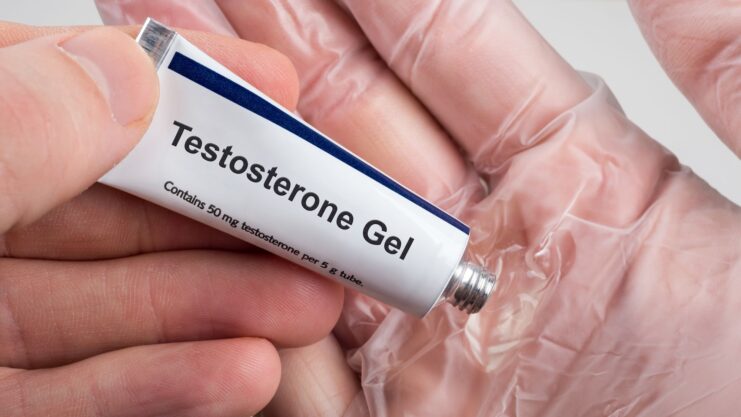
There are currently 3 popular ways of Testosterone Treatment.
- Testosterone Gels are painless and easy to use. It is applied twice a day onto the shoulders or thighs. After application you must not bathe or swim for 6 hours to give the gel time to absorb. You must also be careful not to transfer any of this gel onto a female person.
- Testosterone pills are taken 2 to 3 times a day. They should be taken with food, preferably slightly greasy food. This is because Testosterone is soluble only in oil. Taking Testosterone pills on an empty stomach might reduce the absorption by up to 50%.
- Testosterone injections are very convenient. The latest preparations require only 1 injection every approximately 3 months. The absorption into the body is very constant and there is no need for you to do anything in between the injections.
Are there any side effects?
Testosterone should NOT be given to someone with Prostate Cancer. Your Doctor will do an examination and blood test for you to rule out Prostate Cancer before giving you Testosterone.
However, Testosterone DOES NOT cause or increase the risk of Prostate Cancer in normal men. In fact, Testosterone treatment has been shown to reduce the level of PSA (Prostate Specific Antigen) which is a marker for Prostate Cancer.
Testosterone might also increase the number of red blood cells in your body. This does not cause any problems unless the increase is tremendous. You Doctor will monitor you red cell count with a blood test.
What are the benefits?
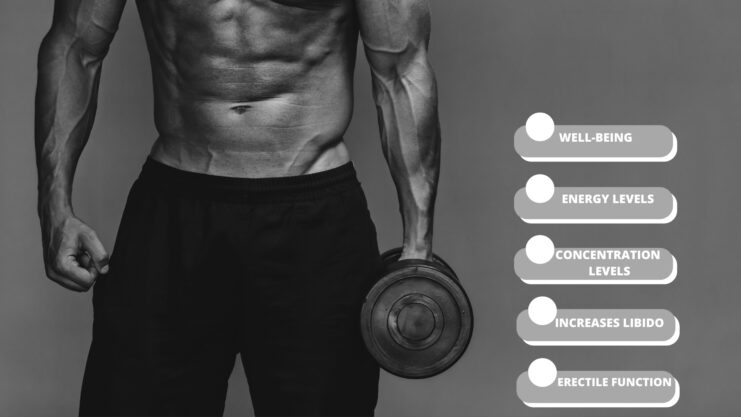
Testosterone Treatment has many benefits. It increases overall well-being, energy levels and concentration levels. It increases libido and helps in erectile function. It helps with weight loss, increase in bone strength and increase in muscle mass. It also helps prevent lifestyle diseases such as High Blood Pressure, High Cholesterol and Diabetes.
What can I expect if I decide to undergo Treatment?
Once your Doctor has done the necessary tests and decided that you require Testosterone Treatment, he will discuss with you which method is best for you.
Testosterone Pills and Gels are prescribed for you to use by yourself at home. Make sure you follow your Doctor’s advice carefully.
Testosterone Injections are administered by a trained medical professional.
The 3 monthly Testosterone Injections are given into the Gluteus Muscle (Backside). The Testosterone preparation is very thick and has to be given slowly over several minutes. During the injection you might feel mild discomfort but no pain.
You might feel some discomfort in your backside for 1 to 2 days after the injection.
What follow-ups will I need?
Your Doctor might ask you to come back in 6 weeks for your 2nd injection instead of 3 months. This is to increase your Testosterone back to a normal level quickly so that you will start feeling better quicker.
Regardless of which method of Testosterone Treatment you are on, your Doctor will need to repeat a test of your Testosterone Level, PSA and red blood cell level after 6 to 9 months.
What is ED?
ED stands for Erectile Dysfunction. It is a medical condition where a man’s erection is unsatisfactory. It ranges from mild ED (able to achieve erection but not full hardness) to severe ED (unable to achieve erection for penetration).
This is different from Premature Ejaculation which is when you have no problems getting hard but ejaculate much faster than you would like to.
How does it affect ED?
Testosterone is responsible for many sexual characteristic like sexual desire (libido) and erection. A low Testosterone level may lead to ED.
However, many other diseases such as Obesity, Diabetes, High Blood Pressure and High Cholesterol can also cause ED.
How do I know if a low Testosterone Level is causing my ED?
See your Doctor for a Testosterone Test. If your Testosterone is low, it is very likely one of the factors causing your ED.
You may also want to do this AMS (Aging Male Symptoms) Questionnaire. A score of more than 37 means you likely suffer from low Testosterone.
What are the treatments available?
There are several methods to treat low Testosterone including pills, gels and injections.
The most popular treatments for ED are the PDE5 Inhibitors. There are currently 3 brands available, Levitra, Cialis and Viagra.
Can it be taken together with PDE5 Inhibitors?
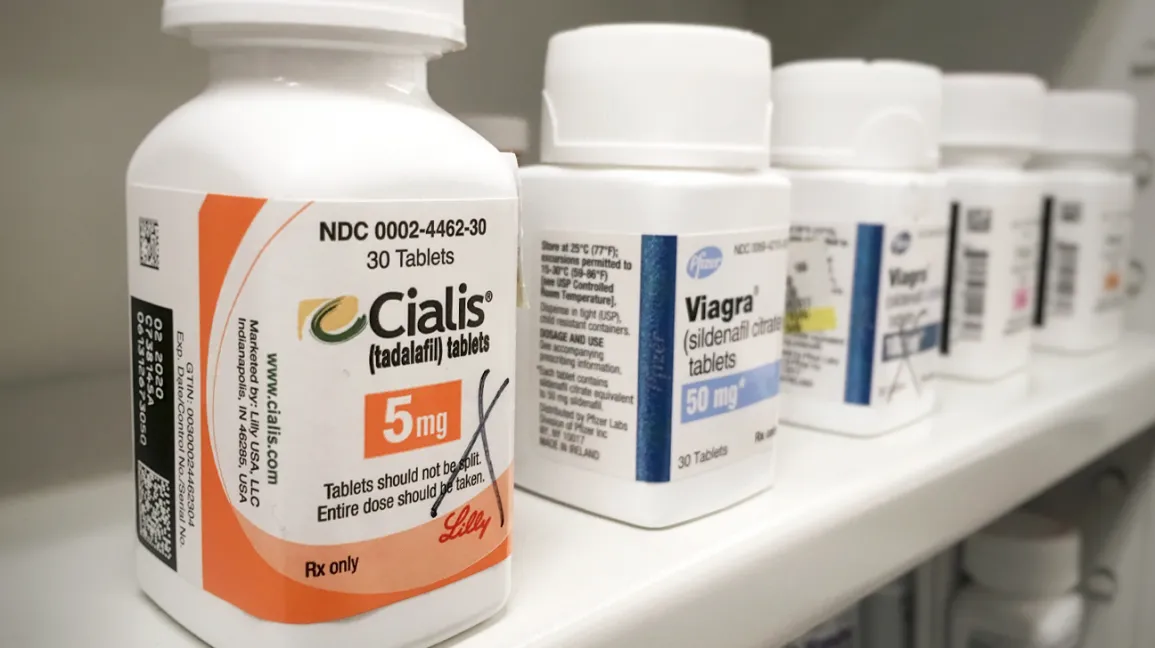
Yes. In fact, these 2 treatments are synergistic and work very well together.
Aside from working very well together to give a strong and hard erection, Testosterone and PDE5 Inhibitors have also been shown to have many holistic health benefits. These include increase in general wellbeing, concentration and energy levels. As well as making the inner lining of your blood vessels more healthy.
The Bottom Line
Testosterone, the star player in the male hormonal system, can sometimes hit a low, leading to various health issues, including erectile dysfunction. However, with modern medical advancements, there are several effective treatments available, including testosterone pills, gels, and injections. These treatments can help restore testosterone levels, improve overall wellbeing, and enhance sexual health.
Remember, it’s essential to consult with a healthcare professional if you suspect you have low testosterone or are experiencing erectile dysfunction. They can guide you through the necessary tests and help you choose the most suitable treatment. After all, your health is your wealth, and taking proactive steps to manage it is the best investment you can make.

